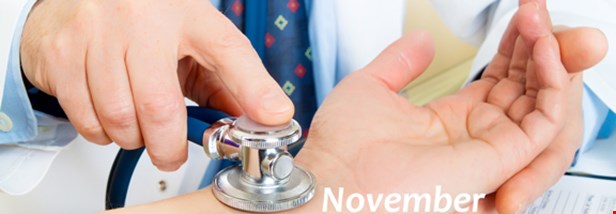November 2014

In November we reached important achievements in the field of Medical Devices, and we sent recommendations to the Council on the Regulation on In Vitro Diagnostics, a specific type of medical devices.
Important achievements in the field of Medical Devices
In November EPF sent recommendations to the Council on the Regulation on in vitro diagnostics medical devices[1]. We have updated our previous position in collaboration with our members as the text is now discussed in the Council after the European Parliament’s revision.
We hope that the revised law will increase transparency on the safety of this type of devices and provide better access to quality information.
In January, we held with the MedTech industry association Eucomed an interactive workshop to have an open exchange of views on the EU Medical Devices Directive. The aim was to acquire a common understanding on the position of both patient groups and the medical devices industry on this.
In April the European Parliament formally adopted the report on Medical Devices (link) for which we released a position in 2013. We supported it as it ensured safer devices and more transparency.
We further wrote a letter to ex-Consumers Affairs Commissioner Neven Mimica to ensure the Commission supports this Parliament’s first reading position. His office reassured us that patient safety and transparency were well taken into account in the review process.
We urged the Council to give priority to this dossier to ensure patients can benefit from provisions to improve safety of their devices, availability of information, and a better vigilance system.
In October we held with EUCOMED our 8th Dialogue meeting, a constructive platform of exchange between patients’ organisations and the MedTech industry. An important item on the agenda was the release of a patient-centred checklist for companies to better involve patients in the medical devices sector (more information).
[1] In Vitro Diagnostics (IVD) are specific medical devices that comprise all tests performed on patients to provide a diagnosis, either through a test tube or through devices for self-testing. They are important to the patient community as they provide information on medical conditions that may assist doctors with providing a correct diagnosis, monitoring the progression of an illness, or, in some cases, determining predisposition toward a disease.
